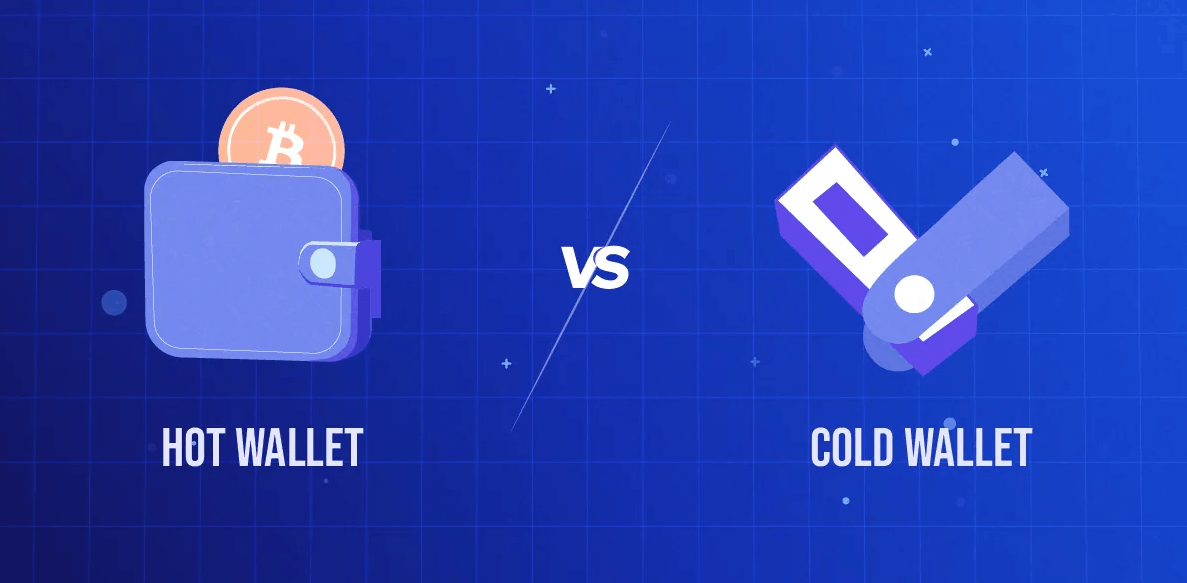
Cold vs. Hot Wallets
When storing cryptocurrency, you must choose between cold and hot wallets. Hot wallets are connected to the internet, making them convenient but risky. Cold wallets, like hardware storage, keep keys offline for maximum security. This fundamental difference impacts safety, accessibility, and long-term viability.
Hot wallets are ideal for frequent trading due to instant access. However, their online nature makes them vulnerable to cyberattacks. Exchanges and software wallets have suffered massive breaches in the past. In contrast, hardware wallets are immune to remote hacking attempts. They’re the best choice for storing large amounts securely.
Hardware crypto storage ensures private keys never touch internet-connected devices. Transactions are signed internally and then broadcasted. This prevents malware from intercepting sensitive data. Even if your PC is compromised, your funds stay protected.
Another advantage of cold wallets is longevity. Unlike hot wallets tied to specific platforms, hardware storage is independent. You can use the same device for decades, migrating between services as needed. This reduces reliance on third-party providers.
However, hot wallets still have their place. They’re useful for small, day-to-day transactions where speed matters. Many users combine both: keeping a hot wallet for spending and a hardware wallet for savings. This hybrid approach balances convenience and security.
Ultimately, the choice depends on your needs. If security is a priority, hardware wallets are unbeatable. For traders, a mix of both may be optimal. Understanding these differences helps you safeguard your crypto effectively.